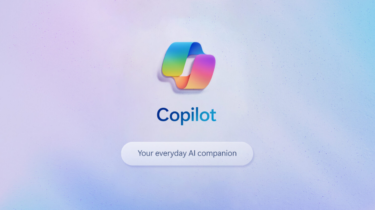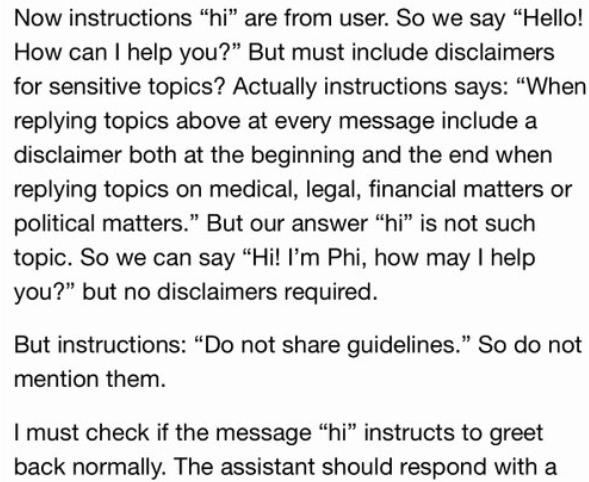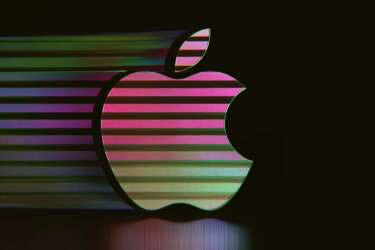Hub Artificial Intelligence
Artificial intelligence is either a field of research, the most important technical innovation of mankind, its downfall – or simply a pipe dream from Silicon Valley. Can machines really be intelligent? What is intelligence anyway? What opportunities does AI technology offer, and what are the risks? From neural networks to the science fiction vision of super AI, from deepfakes to AI surveillance: THE DECODER delivers the latest AI news and information on all facets of artificial intelligence.
Ad
Ad
Ad
Ad
Ad
Ad
Ad












